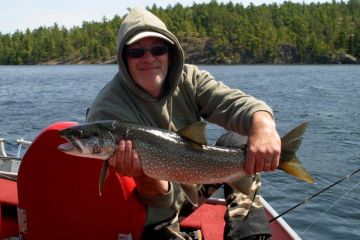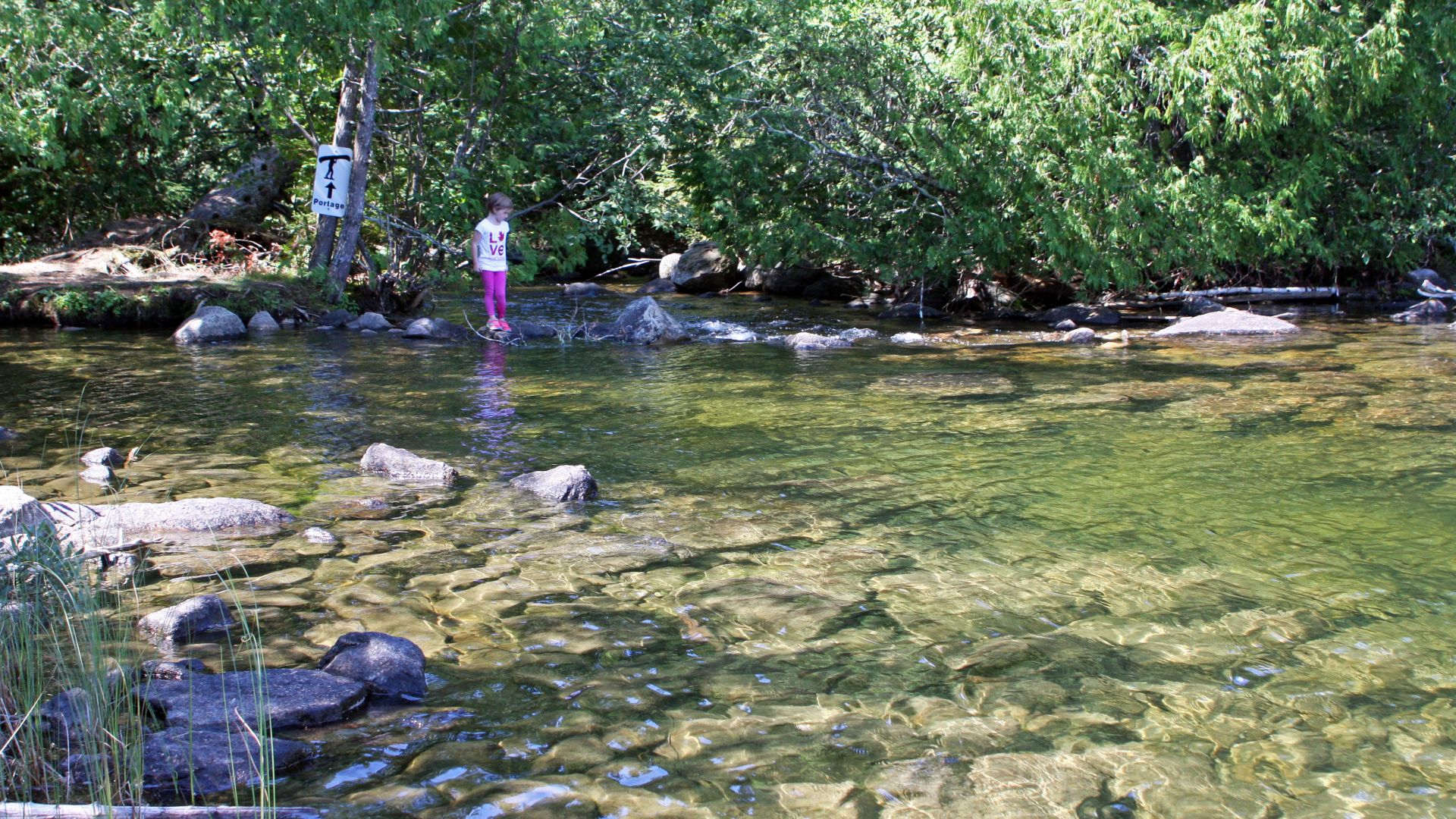Mother Nature is a term that engenders different thoughts and feelings for different people. But when you think about it, nature is the one thing that we all have in common. Despite all our technological advancements, nature is still far from being under our control. In fact, we have no more real control of nature today than we did millennia ago, and that's a good thing. Sadly, for much of the population - their connection to nature is superficial - a complaint about the weather or the bugs, you've likely heard a few comments yourself and in most cases, the comments reflect not our connection with nature, but our disconnection from it.
Sadly, this has significant impacts on our health - both physical and mental - and while there is an easy fix for what ails us here, most people never seem to understand why nature is a part of you and you, a part of it. Nature-Deficit Disorder (NDD for short) affects many, if not all of us, at least some time in our lives. Read on and discover why getting close to nature will bring you to places you never thought possible, how it will give you a new appreciation of the world we live in and help you better understand why people want to protect and preserve nature - now and for future generations.
While experts argue over its definition and relevance, NDD is something anyone who lives in a city should consider - maybe you need to "get outside" if you're feeling down. Addressing the problems created by NDD is as easy as going for a short hike in the woods.


